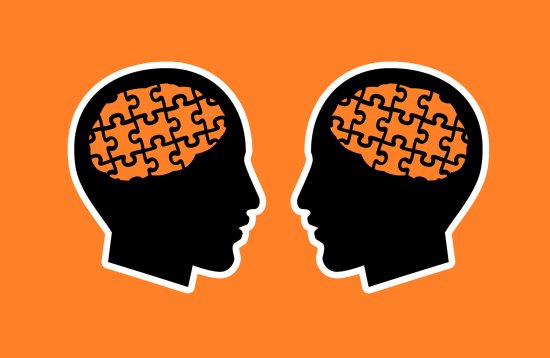
The response to the refugee crisis shows the effects of empathy
Is empathy overrated? In an Atlantic article this summer, Yale psychologist Paul Bloom said: “To the extent that I’m an empathetic person, I’m a worse person.” Part of the problem, he said, is that it’s not very useful to feel someone else’s pain. For example, if you’re seeing your therapist about anxiety and depression, you wouldn’t want them to be a hyper-empath who gets overwhelmed by your anxiety and depression themselves.
Fair enough. But what Bloom is talking about is just one variety of empathy, known as “affective empathy.” This is where you feel or mirror another person’s emotions. But flip over the page in a standard psychology textbook, and you’ll notice there is a second type, called “cognitive empathy,” which is about trying to put yourself in someone else’s shoes and understand their perspective. It’s not about emotional contagion but rather is an imaginative act where you consider what it’s really like to be the other person with their thoughts, beliefs and experiences.
[time-brightcove not-tgx=”true”]
And we all know this matters. Just think of those times you have been arguing with your husband, wife or partner and thought to yourself in frustration: “I wish they could understand what I’m going through! I wish they could get my point of view!” What are you asking for? Cognitive empathy, of course. You want them to understand, if only for a moment, what it might be like to be you. Why? Because they then might exhibit what is technically called “pro-social behavior.” In other words, you want them to stop being so damned selfish.
Making this imaginative leap matters as much politically as it does personally. As John Steinbeck wrote: “It means very little to know that a million Chinese are starving unless you know one Chinese who is starving.” The challenge we face is to step into the shoes of people who are different from ourselves, hear their personal stories and grasp something of their lives. If not, they remain little more than abstract statistics. Cognitive empathy is the cleverest tool we have for humanizing other people. It’s when we recognize a small part of ourselves in another person that we begin to care about their plight and that of others like them.
That’s just what happened during Europe’s recent migration crisis. Suddenly people stopped checking their emails and texts long enough for the stories to become real and to see a reflection of shared humanity in the eyes of Syrian refugees. The result was moral outrage. Tens of thousands of Europeans took to the streets in protest and demanded action from governments reluctant to open their borders. And we have cognitive empathy to thank for it.
Roman Krznaric is the author of Empathy: Why It Matters, and How to Get It (Perigee/Penguin). He is the founder of the world’s first Empathy Museum.
